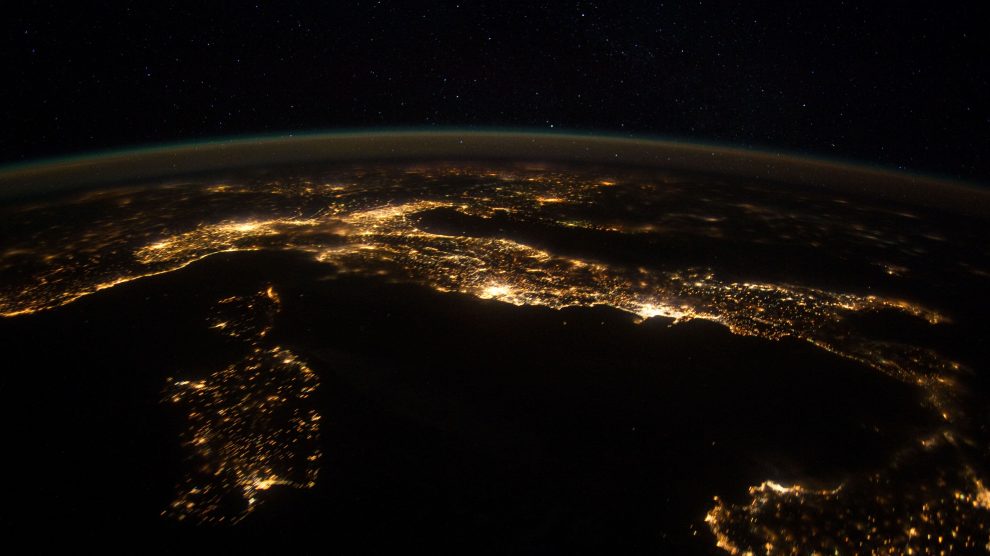Italy is in a vulnerable spot when it comes to energy. The latest report from COPASIR, the Italian Parliament’s intelligence watchdog, warned that Italian national security is exposed to energy-related external threats.
To compile the report, COPASIR’s members probed the institutional and intelligence community’s feelings on energy security. Their main reasons for concern entail Italy’s dependence on gas supplies from Russia and crucial Chinese renewable technology.
Today renewable energy only covers 20% of the national market, compared to over 40% for natural gas and 33% for oil. Furthermore, the shift to renewable power at the heart of Europe’s ecological transition plans also carry significant implications for national security.
The situation is worsened by “exogenous” and “asymmetric threats,” write the authors. The energy price crisis that has been shaking European markets for months may hit the Italian sector particularly hard and impact supply.
Still, volatile markets are not the only reason to pursue greater energetic autonomy. According to Italian intelligence, decision-makers must take into account the geopolitical context. Gas, for instance, is one of the root causes of the energy crunch; but there’s another dimension to it.
Rome depends too much on Moscow, the source of 42% of Italy’s foreign supply. Since internal production is negligible, COPASIR highlights the need to diversify suppliers to prevent this resource from becoming “an instrument of pressure on European countries” – as Vladimir Putin’s Russia is wielding it.
“The numbers speak for themselves: we are not an autonomous country,” said MP Federica Dieni, Vice-President of COPASIR. “We are under pressure from different political players, with Russia in the lead.” Thus, “geopolitical tensions such as the crisis in Ukraine can have a direct impact on our energy security. A blackout in Europe or Italy is not science fiction.”
The short term solution, maintained Ms Dieni, is to invest in renewables and their supply chain, along with means to store energy. But as the country weans off fossil fuels, such as gas, and shifts to renewable energy production, it could end up developing another dependency.
Thus, the focus shifts to countries that export raw materials and components that are necessary for the exploitation of renewable sources. “In other words, betting everything on renewables today means giving a competitive advantage to countries like China, which have most of the raw materials we will need,” reads the report.
For instance, the wind energy and battery production sectors require rare earths, a hefty amount of which are extracted in Africa, where over time Beijing has acquired a gripping hold over the areas of extraction and refining.
COPASIR calls for the drawing up of a national security plan “with the widest possible support in Parliament, so that it can remain valid and guide the strategic choices that the country will have to make in this sector in the long term,” reads a note from President Adolfo Urso and Ms Dieni.




